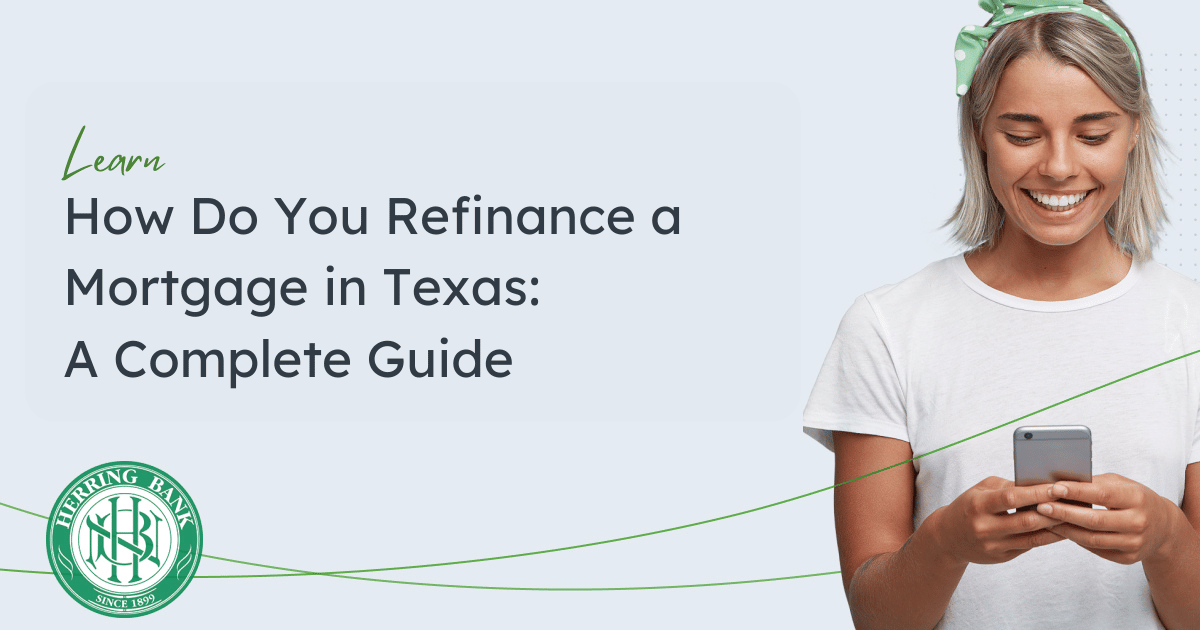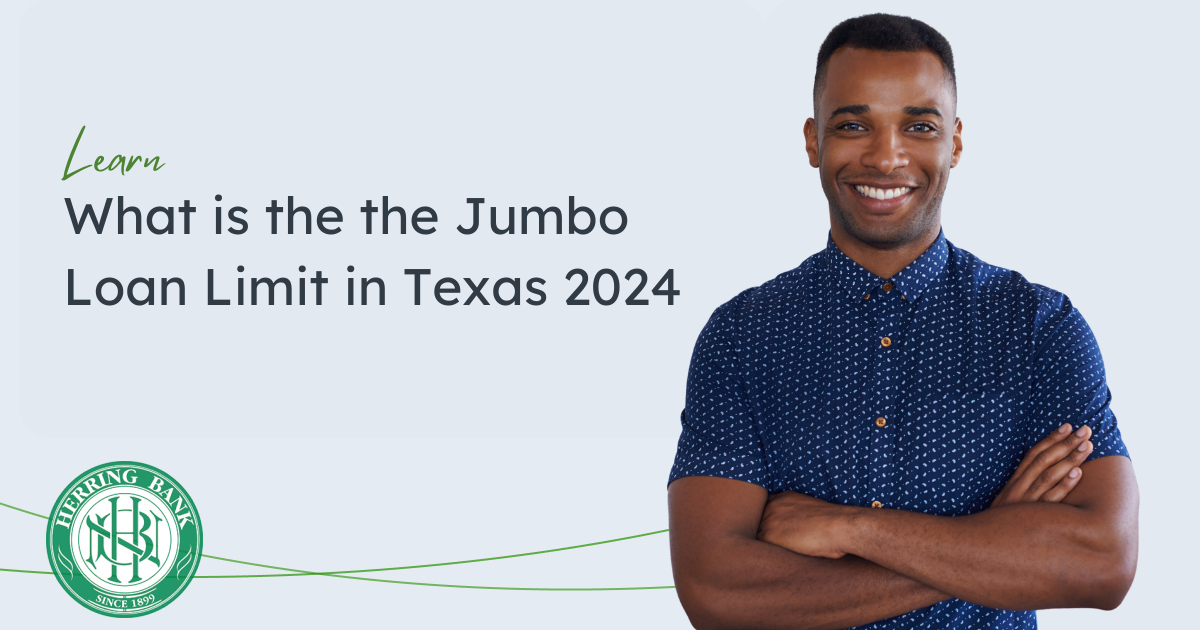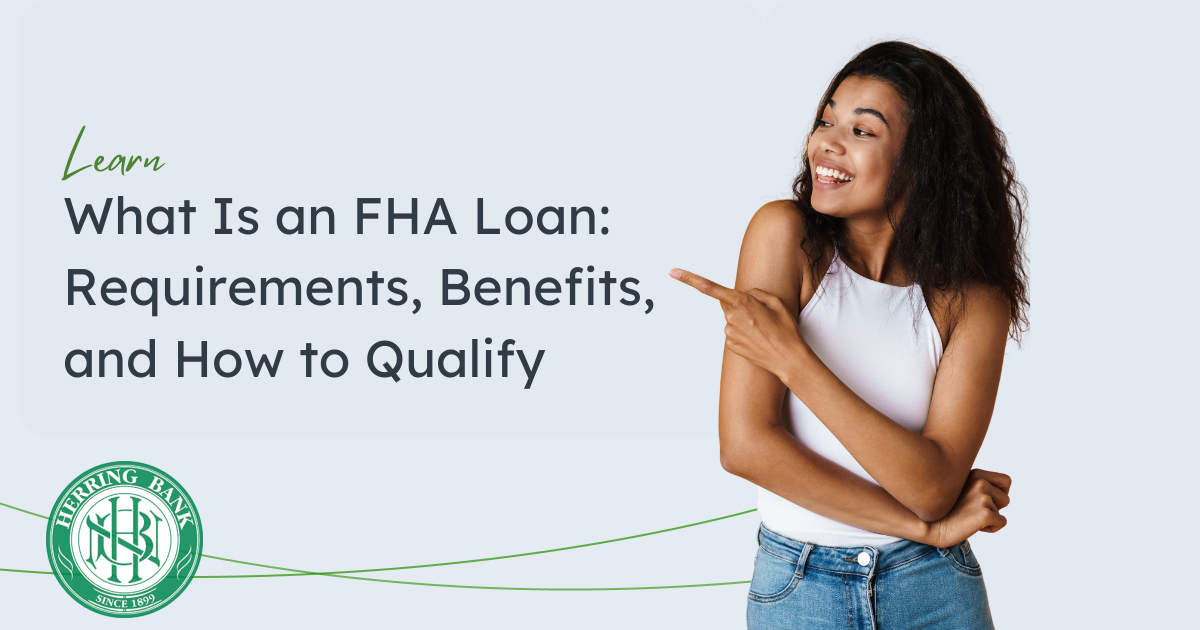
How to Buy a House with Bad Credit
Buying a house is a dream for many, but what if bad credit stands in the way? It’s a common concern, and we’re here to explore how we can overcome this hurdle together. With the right strategies and resources, owning a home is still within reach, even for those with less-than-perfect credit.
Understanding the options available to us is crucial. From government programs to alternative financing answers, there are paths we can take to turn our homeownership dreams into reality. Let’s jump into practical tips and insights that empower us to navigate the home-buying process, regardless of our credit history.
What Do Mortgage Lenders Define As A Poor Credit Score?
Mortgage lenders categorize credit scores below 580 as poor. This classification creates challenges for securing a mortgage. A poor credit score often indicates financial instability, frequent late payments, or high debt levels.
The following ranges illustrate how lenders evaluate credit scores:
|
Credit Score Range |
Classification |
|---|---|
| 300-579 | Poor |
| 580-669 | Fair |
| 670-739 | Good |
| 740-799 | Very Good |
| 800-850 | Excellent |
We recognize that a poor credit score doesn't eliminate homeownership options. Alternative financing methods, such as FHA loans or subprime mortgages, cater to individuals with lower scores. Understanding these classifications enables us to explore possibilities effectively.
Determine Your Eligibility
We assess eligibility based on several key factors. First, analyze your credit score. A score below 580 qualifies as bad credit, making it essential to explore alternative financing options.
Next, evaluate your income. Lenders usually require steady employment and proof of income. They often look for a debt-to-income ratio below 43%, ensuring you can manage monthly payments.
Also, consider your savings. A larger down payment can improve eligibility, even with bad credit. A down payment of 3.5% or more can make FHA loans accessible.
Finally, review other financial obligations. Lowering outstanding debts can enhance your appeal to lenders and demonstrate financial responsibility.
By understanding these aspects, we can better navigate the home-buying process, identifying the options that align with our financial situation.
Is It Possible To Purchase A Home With Bad Credit?
Purchasing a home with bad credit is achievable. Many individuals face challenges when their credit scores fall below 580, but various options are available. Understanding those options is crucial.
Government programs often assist buyers with lower credit scores. FHA loans, for example, require a minimum credit score of 580 with a 3.5% down payment. Borrowers with scores between 500 and 579 may qualify for FHA loans with a 10% down payment.
Alternative financing answers, like subprime mortgages, cater to individuals with poor credit. These loans typically have higher interest rates, yet they provide access to homeownership when traditional financing isn't viable.
Several key factors determine eligibility for home financing. We recommend assessing your credit score first, as it influences lender decisions. Stable income, along with a favorable debt-to-income ratio below 43%, enhances your chances of approval. A larger down payment further improves eligibility and may offset credit concerns.
Finally, reducing outstanding debts strengthens your appeal to lenders. While challenges exist, diligent preparation and a solid understanding of available options help navigate the home-buying process effectively.
Begin Your Journey Toward The Right Mortgage.
Understanding our mortgage options is crucial for homebuyers with bad credit. We need to start by evaluating all available choices, including government programs and alternative financing answers.
Explore Government Programs
FHA loans cater to those with lower credit scores. To qualify, we should aim for a minimum score of 580 with a down payment of 3.5%. If our score falls between 500 and 579, a down payment of 10% may also secure financing. Other government programs, like USDA loans, offer favorable terms if the property is in a designated rural area.
Consider Alternative Financing
Subprime mortgages provide paths for those with poor credit. These loans often come with higher interest rates, but they allow us to tap into homeownership when traditional lenders may not. Researching different lenders is essential, as terms vary significantly.
Review and Improve Our Financial Profile
Assessing our credit score aids in identifying areas for improvement. We can lower outstanding debts and ensure a favorable debt-to-income ratio, ideally below 43%. Showing consistent income can help enhance our appeal to lenders, even with a lower credit score.
Save for a Down Payment
A larger down payment signals financial responsibility. We should aim for at least 3.5% for FHA loans or 10% for lower credit scores. Saving more boosts our chances of mortgage approval and potentially secures better loan terms.
Seek Professional Guidance
Consulting with mortgage professionals can clarify complex information. They help assess our unique situation and recommend the best mortgage products for us. They can also provide insights on improving our credit score before applying.
By taking these steps, we can begin our journey toward finding the right mortgage, achieving our goal of homeownership even though credit challenges.
Home Loans For Individuals With Bad Credit
Buying a home with bad credit presents unique challenges, yet various loan options remain accessible. Understanding these options helps us make informed decisions.
Traditional Loans
Conventional loans aren’t insured by government agencies, making qualification difficult for those with poor credit. Fannie Mae and Freddie Mac typically require a minimum credit score of 620, though some lenders impose even higher standards.
FHA Loans
FHA loans come from the Federal Housing Administration, making them appealing for first-time home buyers. Most lenders set the minimum credit score at 580 for an FHA loan. Some may allow scores as low as 500 but require a 10% down payment. FHA loans are strictly for primary residences.
VA Loans
Veterans, surviving spouses, and active military members can access VA loans, which are backed by the Department of Veterans Affairs. These loans often allow home purchases with no down payment. While the VA doesn’t enforce a exact credit score requirement, most lenders, including Rocket Mortgage, typically expect a minimum score of 580.
USDA Loans
USDA loans, backed by the U.S. Department of Agriculture, enable home purchases in designated rural areas with no down payment. Generally, lenders require a minimum credit score of 640 and exact income guidelines. Note that as of July 6, 2020, Rocket Mortgage no longer accepts USDA loan applications.
Secure Approval For Home Purchase.
Securing approval for a home purchase with bad credit involves strategic planning and understanding lender requirements. We consider several critical steps to enhance the probability of mortgage approval.
- Check Credit Reports: We review our credit reports for errors, as mistakes can negatively impact scores. Correcting inaccuracies boosts credit standing.
- Improve Credit Score: We take actionable steps to raise our credit score. Paying bills on time, reducing credit card balances, and avoiding new debt contribute positively.
- Document Financial Stability: We gather documentation that demonstrates our income and employment history. Lenders prefer consistent income that indicates reliability.
- Lower Debt-to-Income Ratio: We assess our debt-to-income ratio. Keeping it below 43% strengthens our application. Paying off existing debts improves this ratio.
- Save For a Larger Down Payment: We save for a larger down payment. A down payment of 10% or more can enhance our approval chances, especially for FHA loans.
- Consider Alternative Financing Options: We explore various financing options such as FHA, VA, and USDA loans. Each program has exact credit requirements worth investigating.
- Work With Lenders Who Specialize in Bad Credit: We reach out to lenders with experience in financing for individuals with bad credit. These lenders understand unique situations and offer customized answers.
- Seek Professional Guidance: We consult mortgage experts for advice. Their insights can help us navigate the mortgage process effectively and improve our financial position before applying.
Following these steps positions us favorably for securing home financing even though credit challenges. Careful preparation and awareness of available options can lead to successful homeownership.
Five Alternatives For Buyers Unable To Obtain A Bad Credit Mortgage
We understand that obtaining a mortgage with bad credit can be challenging, but several alternatives exist to help us achieve homeownership.
1. Boost Your Available Credit
Boosting available credit can expedite raising our credit score. We can achieve this by paying down current balances or requesting credit limit increases on our credit cards. Increasing available credit lowers our credit utilization ratio, a important factor in credit scoring. Many credit card companies permit multiple limit increase requests without causing a hard inquiry, making it an effective strategy.
2. Open New Accounts (In Bulk)
Opening new accounts increases our available credit while diversifying our credit mix. When we add new accounts all at once, any hard inquiries on our report will fall off together. This strategy also allows us to build a positive payment history as the new accounts age simultaneously. Typically, we see results within 30 to 45 days of adding these accounts.
3. Invest In Credit Deletion
Collections can severely impact credit scores. If we have outstanding collections, even paying them off doesn't eliminate their presence; they may remain marked "Paid." A more beneficial option is to negotiate for deletion of these items from our credit report. Obtaining written confirmation of any arrangement ensures we can enhance our credit score significantly.
4. Avoid Hard Credit Inquiries
Hard inquiries negatively affect our credit score. While obtaining an insurance quote does not result in a hard pull, applying for new credit typically requires one. Knowing the difference between hard and soft inquiries helps us avoid unnecessary credit score impacts, especially before applying for a mortgage. We should refrain from taking any actions that trigger a hard inquiry in the weeks leading up to our mortgage application.
5. Seek A Co-Signer
A co-signer can increase our chances of qualifying for a mortgage. Their income and assets will supplement our financial profile, potentially allowing us to exceed the necessary credit thresholds. In many cases, having a co-signer also lowers our debt-to-income ratio, benefiting our loan qualification process. This partnership lets us explore higher loan amounts, widening our options when searching for a home.
Average Credit Score
When we apply for a mortgage as co-borrowers, lenders often use the lowest median credit score. But, Fannie Mae allows for the averaging of median scores when multiple borrowers are involved. For instance, if one borrower has a score of 580 and the co-signer has a score of 720, the average, 650, may enhance our qualification chances. It's crucial to note that the lowest score still determines our interest rate and mortgage insurance costs, affecting our overall borrowing expenses.
Common Questions About Home Loans For Bad Credit
We understand that handling the home loan industry can be challenging for those with bad credit. Here are some common questions and their answers to guide you.
What Is Considered A Poor Credit Score?
A poor credit score ranges between 300 and 579. Credit scores in this bracket can indicate higher risk to lenders and typically result from missed payments, high debt levels, or limited credit history.
Can I Secure A Mortgage With A Credit Score Of 500?
Yes, some lenders may allow qualification for an FHA loan with a credit score of 500. But, a down payment of 10% is necessary in this case, which makes the upfront costs higher than that of borrowers with better scores.
Will I Pay Higher Mortgage Insurance Premiums Due To Bad Credit?
Yes, your credit score plays a important role in determining mortgage insurance premiums. Factors such as your private mortgage insurance (PMI) type and loan-to-value (LTV) ratio also influence monthly costs. Better credit scores generally lead to lower premiums.
Can A Co-Signer Improve My Chances Of Mortgage Approval?
Yes, a non-occupant co-signer with a stronger credit profile can improve your chances of getting approved for a mortgage loan. Lenders may consider the co-signer’s creditworthiness, which can enhance approval odds and potentially secure better interest rates.
Conclusion: Securing A Home Loan With Bad Credit Is Achievable
Buying a home with bad credit may feel daunting but it's entirely possible. By understanding our options and taking proactive steps to improve our financial profiles, we can enhance our chances of securing a mortgage.
Exploring programs like FHA or USDA loans can open doors for us, even if our credit scores aren't ideal. Also, focusing on reducing debt and saving for a larger down payment can significantly boost our appeal to lenders.
With the right preparation and guidance, homeownership can become a reality. Let's take charge of our financial futures and work toward achieving our dream of owning a home.






